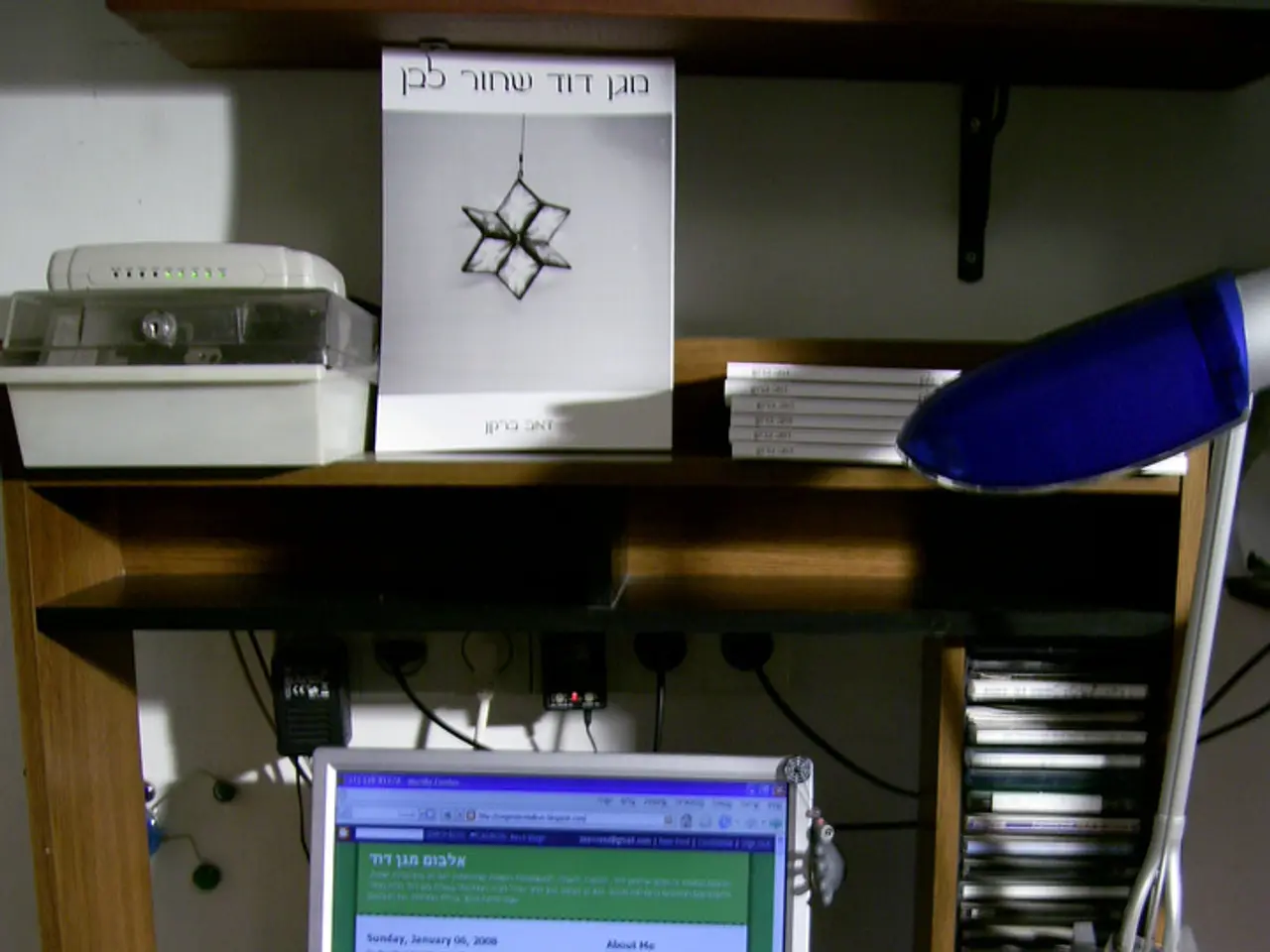Turkey's import policies posing a threat to its technological advancement
Turkey's electronic industry is facing significant challenges due to high tariffs, Value-Added Tax (VAT), and regulatory fees on imported components. These costs, which can reach up to 100% of the component price, are creating a high financial barrier to entry for innovators across various sectors, including R&D, startups, academic teams, and advanced manufacturing facilities.
The burden of these costs inflates the price of even relatively inexpensive electronic parts. For instance, a $20 Global Navigation Satellite System (GNSS) chip can end up costing several hundred dollars once fees and certifications are included.
Existing tax exemptions in technoparks are slow, opaque, and often ineffective, not fully offsetting associated costs. While some exemptions allow registered companies in technology zones to import components at 0% customs tax and VAT, this remains limited and has not fully alleviated the wider problem.
This situation is particularly problematic for defensive and advanced manufacturing sectors, deep-tech fields such as robotics and electronics, and educational and early-stage tech enterprises. These sectors rely on frequent iteration and access to global component supplies, which are being priced out of reach in Turkey.
In contrast, leading economies in electronics trade such as Japan, South Korea, and India have embraced streamlined customs brokerage systems, digital clearance platforms, and reduced trade frictions to support exports and innovation. Turkey's more restrictive and costly import regime sets it apart negatively, limiting its strategic ambitions in defense and technology despite its significant domestic investments in R&D ecosystems and high-profile innovation events such as Teknofest.
The impact of these policies is profound. Innovation projects in deep-tech fields are stifled by the high input costs and administrative barriers. Educational and early-stage tech enterprises struggle to compete in global markets or contribute meaningfully to global R&D networks.
The process of comparing delivery times, costs, and regulatory status for procurement consumes significant time and labor. The customs system in Turkey makes rapid iteration, a hallmark of modern hardware development, almost impossible due to long lead times.
For many young firms, the customs-related challenges are a dealbreaker before production even begins. Some firms choose to outsource R&D altogether to countries like Bulgaria or Germany, introducing a political and existential tension as core technical operations are gradually eroded abroad.
Organizers of global robotics competitions report that Turkish participants often resort to collecting scrap parts to build machines due to the high costs of imported components. On the export side, firms face similar challenges, with the overhead for international shipments being significant enough to require setting up dedicated warehouses abroad.
Some actors are advocating for a revised import model for R&D needs, which would permit registered companies in technology zones to import components at 0% customs tax and 0% VAT, with taxes enforced if goods are sold domestically. This proposed model would allow for faster iteration cycles and lower R&D costs, with digital auditing tools and physical inspections serving as enforcement mechanisms.
Addressing these barriers could significantly enhance Turkey's competitive position in global deep-tech development and defense manufacturing. The cost of inaction is clear: unless reforms are made to reduce import costs for R&D and educational use, Turkey risks isolating itself from the global innovation landscape.
- The Turkish government is facing criticism due to the high tariffs, Value-Added Tax (VAT), and regulatory fees on imported components in the country's electronic industry, creating a significant financial barrier for innovators.
- Despite the existence of tax exemptions in technoparks, they have been slow, opaque, and ineffective, failing to fully offset associated costs, particularly for sectors such as robotics and electronics, R&D, startups, and advanced manufacturing facilities.
- Leading economies, like Japan, South Korea, and India, have implemented streamlined customs brokerage systems, digital clearance platforms, and reduced trade frictions to support exports and innovation, far outpacing Turkey in this area.
- The high input costs and administrative barriers caused by these policies have resulted in a stifling of innovation projects in deep-tech fields and struggles for educational and early-stage tech enterprises to compete in global markets.
- Advocates propose a revised import model for R&D needs, allowing registered companies in technology zones to import components at 0% customs tax and 0% VAT, which could significantly enhance Turkey's competitive position in global deep-tech development and defense manufacturing, preventing further isolation from the global innovation landscape.




